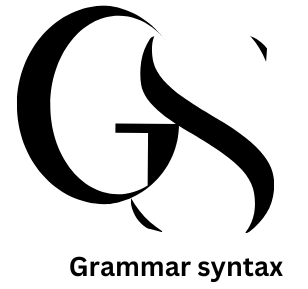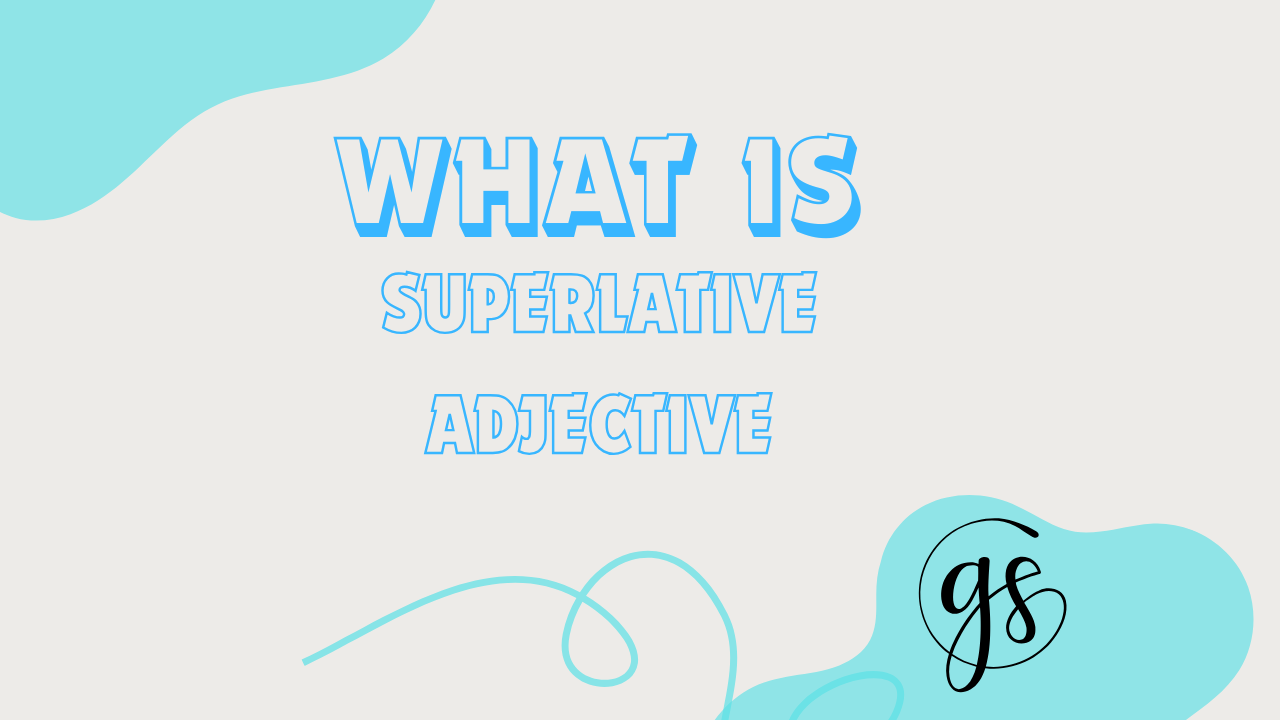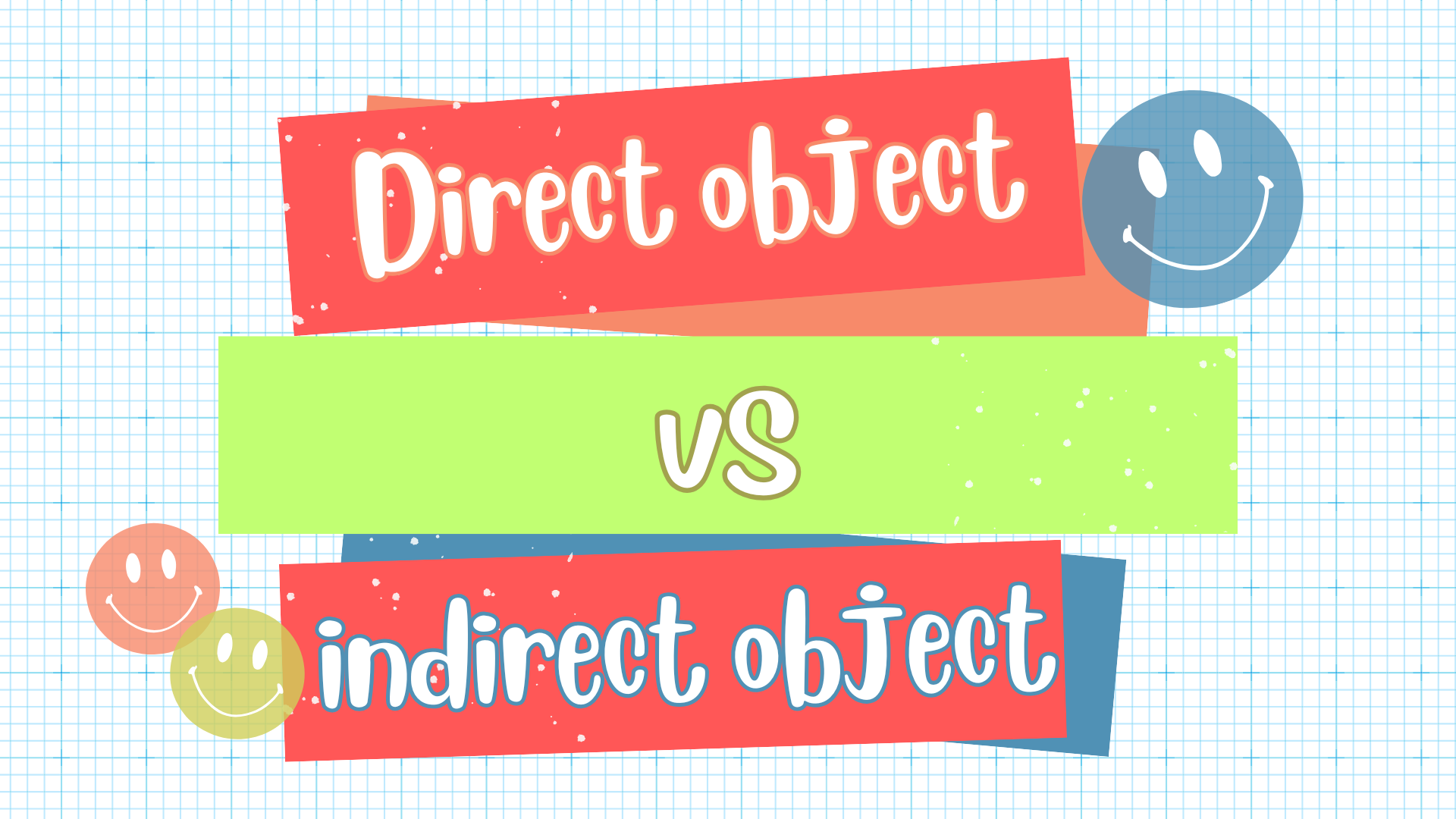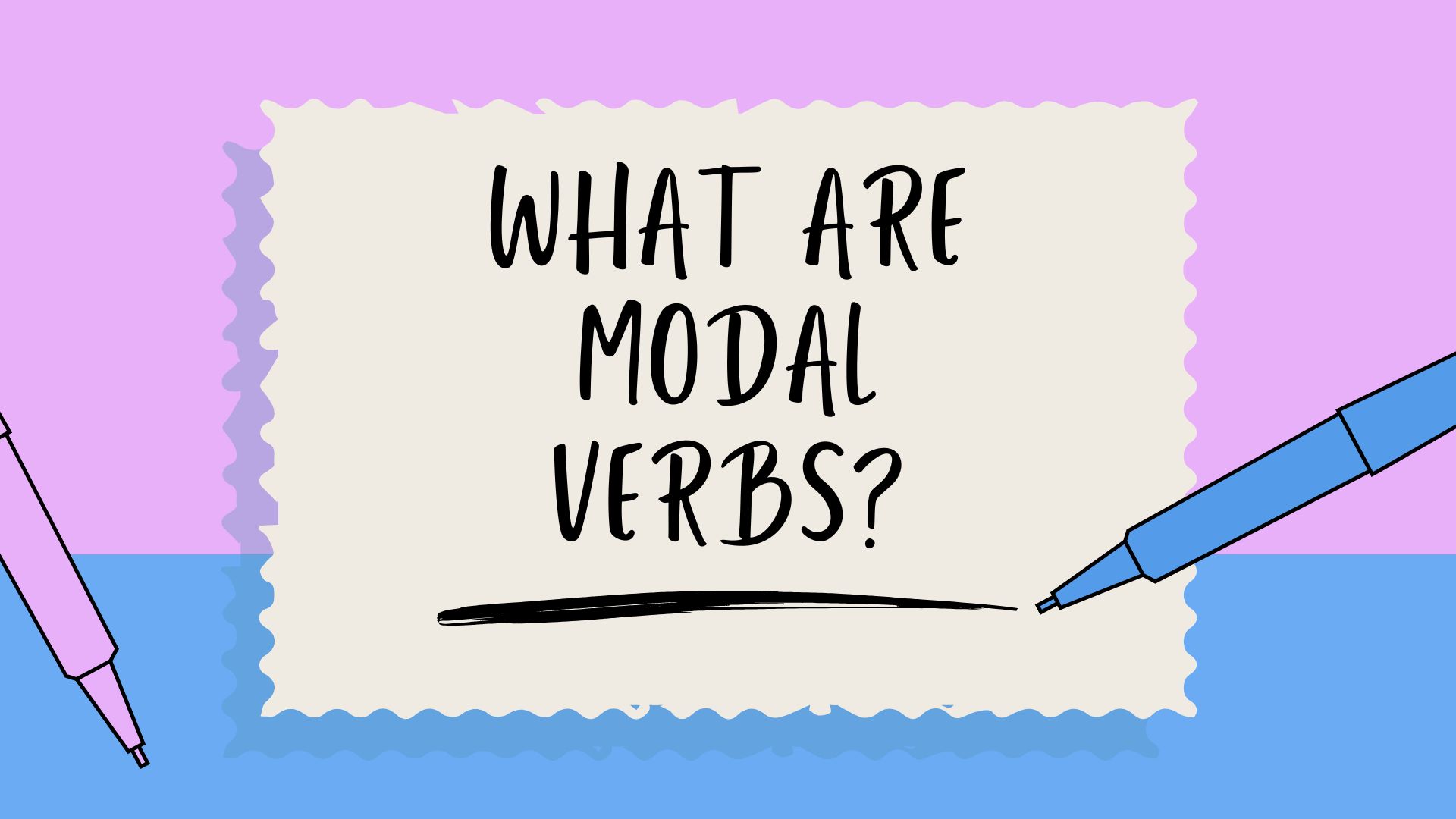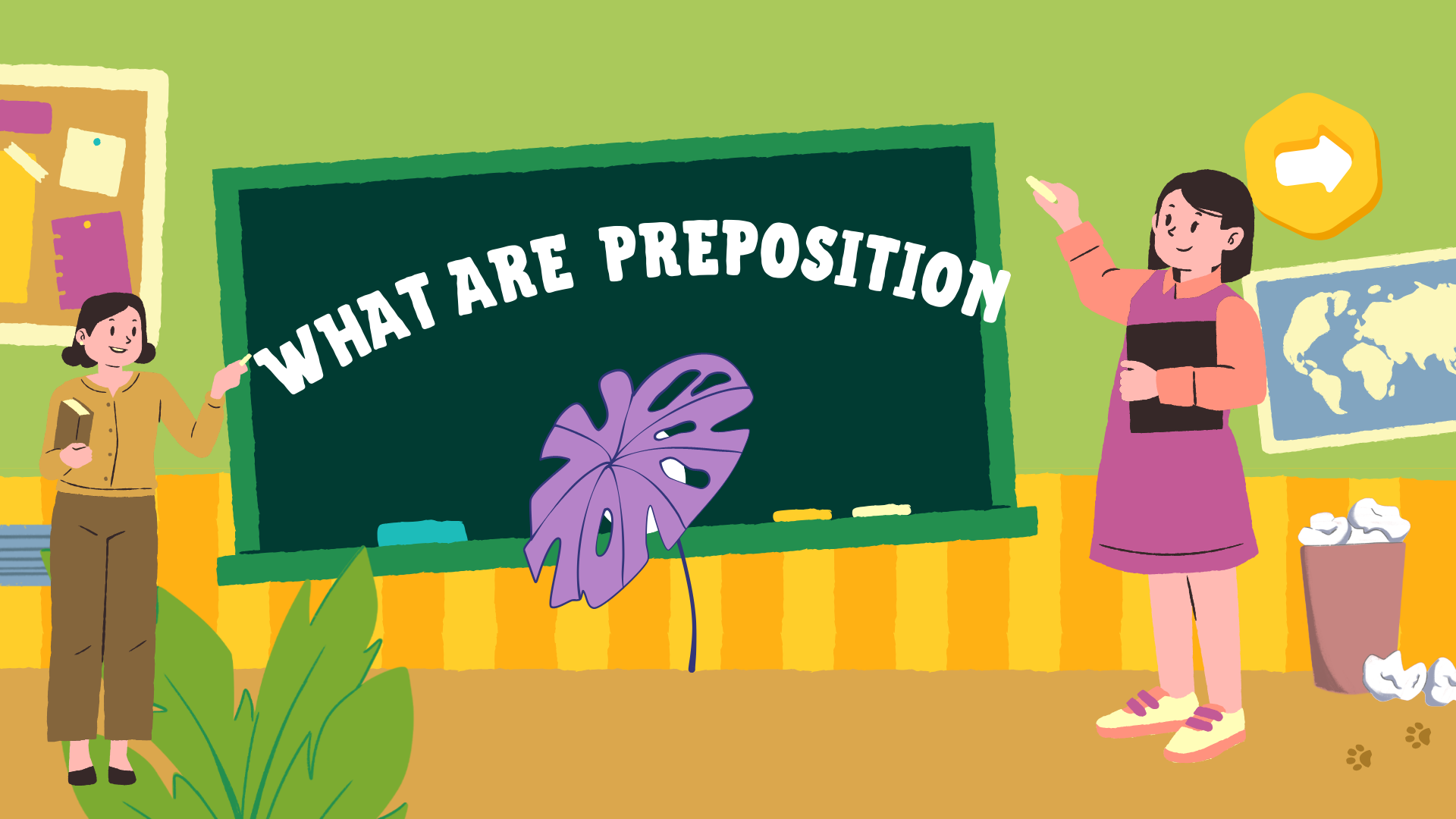Introduction
Adjectives are words that describe or modify nouns, providing more detail about them.
A superlative meaning is the highest attainable level or degree of something.
Superlative degree of adjectives:
Superlative adjectives are used to describe the highest or lowest degree of a quality among three or more people, objects, or ideas. They indicate an extreme level of the characteristic they describe.
Superlative adjectives usage:
Superlative adjectives are typically used to show that something stands out as the best or worst, the tallest or shortest, the most expensive or least expensive, and so on.
superlative adjective definition and superlative adjective examples
Formation of Superlative Adjectives
1. Short Adjectives (One or Two Syllables)
For adjectives with one or two syllables, the superlative is usually formed by adding the suffix -est to the end of the adjective. In some cases, the first consonant is doubled before adding -est, following certain spelling rules.
Examples:
- Tall → Tallest
- Fast → Fastest
- Small → Smallest
- Big → Biggest
- Hot → Hottest
Note: For adjectives ending in “e,” simply add -st.
- Large → Largest
- Fine → Finest
For adjectives ending in a consonant + “y,” change the “y” to “i” and then add -est.
- Happy → Happiest
- Pretty → Prettiest
2. Long Adjectives (Three or More Syllables)
For adjectives with three or more syllables, the superlative form is created by adding the word most or least before the adjective, rather than using the -est ending.
Examples:
- Beautiful → Most beautiful
- Interesting → Most interesting
- Comfortable → Most comfortable
- Expensive → Most expensive
- Dangerous → Most dangerous
Some adjectives that have three or more syllables, but are exceptions, do follow the -est rule, though these cases are rare.
For example, the adjective “terrible” is often found in the superlative form as “the worst”.
3. Irregular Superlatives
Some adjectives are irregular and do not follow the standard rules of comparison. Instead of adding -est or using most, these adjectives have completely different forms for the superlative.
Examples:
- Good → Best
- Bad → Worst
- Far → Farthest or Further
- Little → Least
- Much/Many → Most
These irregular forms are essential to know because they do not adhere to predictable patterns.
Usage of Superlative Adjectives
1. To Compare Three or More Things
The primary function of a superlative adjective is to compare a noun with two or more other nouns, showing that it stands out in some way.
- Mount Everest is the highest mountain in the world.
2. To Show Extremes
Superlatives often express an extreme quality, whether it’s the best, the worst, the most beautiful, or the most dangerous.
- This is the most exciting film I’ve ever watched.
3. With “The”
Superlative adjectives are almost always used with the to indicate that the adjective is referring to a specific, singular item within a group.
- The oldest tree in the forest is over 500 years old.
- He is the most intelligent student in the class.
4. In Comparisons Within Groups
In addition to comparisons of three or more entities, superlatives can also be used when comparing within a smaller set of things.
- Of all the athletes, Usain Bolt is the fastest.
5. Superlative in Negative Sentences
Although superlatives often indicate the highest quality, they can also be used in negative constructions, particularly when you want to show that something is the worst or least.
- This is the worst experience I have ever had.
Quiz
1. Superlative adjective is used correctly in?
A) She is the most smartest student in the class.
B) He is the tallest of all the boys.
C) This is the most fastest car in the race.
D) He is the more tallest player on the team.
2. Superlative form of the adjective “happy” is?
A) Happiest
B) Most happy
C) More happy
D) Most happiest
3. Which of the following adjectives is irregular in its superlative form?
A) Tall
B) Good
C) Bright
D) Small
4. Choose the correct superlative adjective to complete the sentence:
“Out of all the paintings in the gallery, this one is the ______.”
A) more beautiful
B) most beautiful
C) beautifulest
D) beautifullest
5. One of the following sentences contains the incorrect superlative form?
A) This is the least expensive option.
B) This is the best idea.
C) That is the badest decision you can make.
D) He is the oldest person in the room.
6. Select the correct sentence:
A) Mount Everest is the high mountain in the world.
B) Mount Everest is the higher mountain in the world.
C) Mount Everest is the highest mountain in the world.
D) Mount Everest is the more highest mountain in the world.
7.The superlative form of the adjective “far”?
A) Farthest
B) Further
C) Most far
D) Farther
8. What sentence uses a superlative adjective to compare three or more things?
A) She is the more intelligent than her classmates.
B) This is the most difficult question of all.
C) That is the less expensive car.
D) He is the tallest than anyone in the group.
9. Which of these superlative adjectives is formed incorrectly?
A) Most interesting
B) Tallest
C) Expensivest
D) Most comfortable
10. Complete the sentence with the correct superlative form:
“This is the ______ (good) pizza I have ever tasted.”
A) best
B) better
C) goodest
D) more good
Answers
- B) He is the tallest of all the boys.
- A) Happiest
- B) Good
- B) most beautiful
- C) That is the badest decision you can make.
- C) Mount Everest is the highest mountain in the world.
- A) Farthest
- B) This is the most difficult question of all.
- C) Expensivest
- A) best
Conclusion
Superlative adjectives play a significant role in the English language by helping us express extremes and make comparisons among multiple things. Whether you’re describing something as the best, the worst, or the tallest, superlatives help convey the strongest level of comparison, adding depth to your language.
FAQs
What is superlative adjective and comparative adjective?
A Comparative Adjective is a word that describes a noun by comparing it to another noun. Comparative adjectives typically end in ‘er’ and are followed by the word ‘than’. A Superlative Adjective is a word that describes a noun by comparing it to two or more nouns to the highest or lowest degree.
